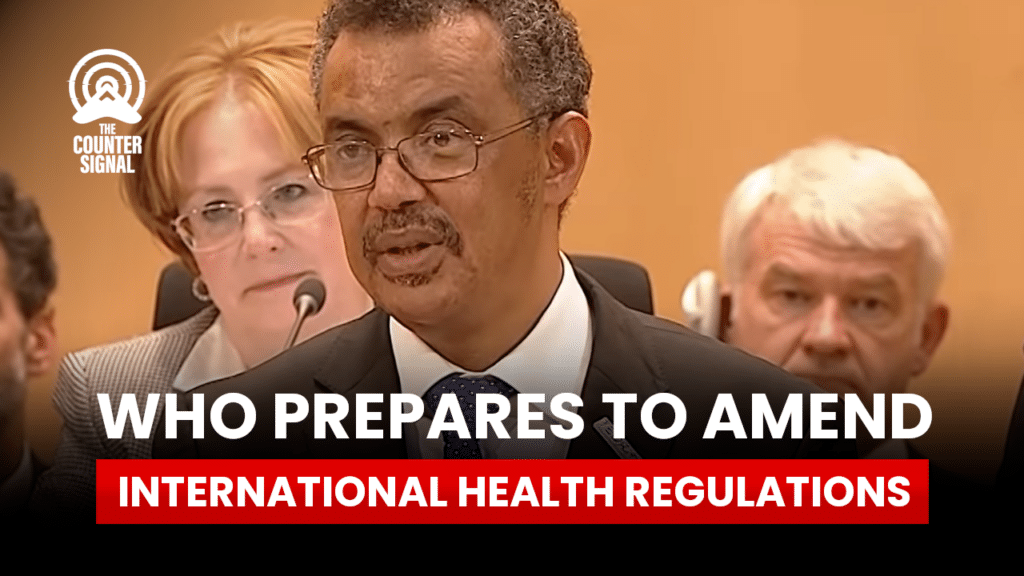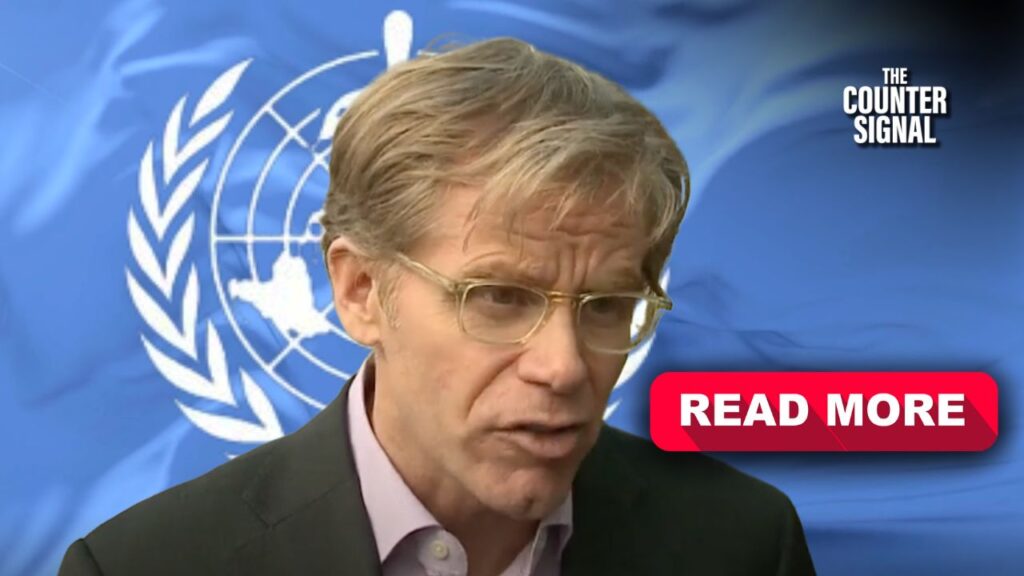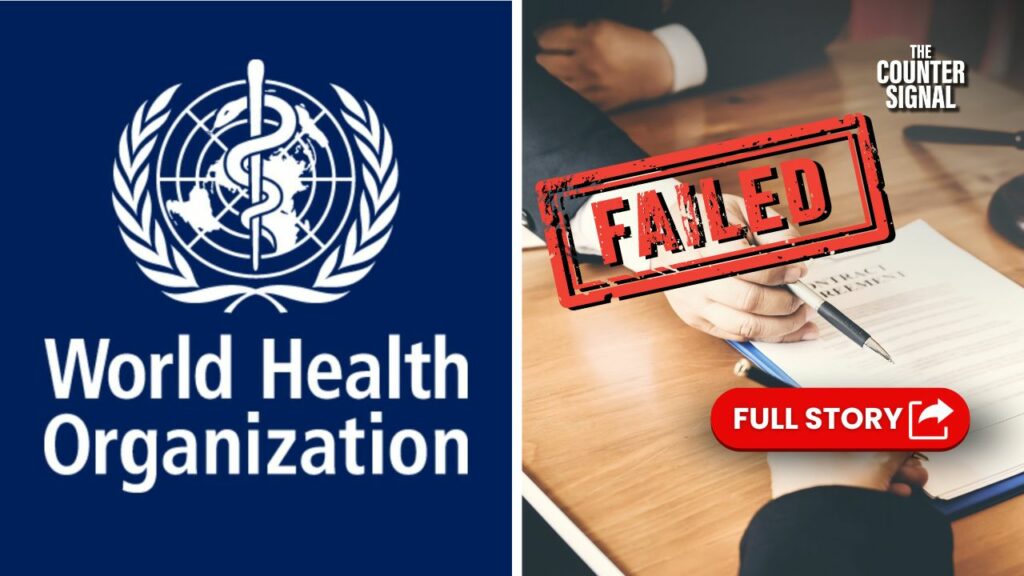Member states will vote on whether to amend the World Health Organization’s (WHO) International Health Regulations and sign away their national health sovereignty between May 22-28.
The move to amend International Health Regulations is being led by the Biden administration, which quietly sent a proposal (Provisional agenda item 16.2) to the World Health Assembly on January 18 — this wasn’t made public until April 12.
According to the proposal, any amendments to the International Health Regulations (which have thus far been used to justify lockdowns, border closures, and discriminatory vaccine mandates) would immediately come into effect for all 194 member states.
“Pursuant to paragraph 3 of Article 55 of the International Health Regulations (2005), any amendments to the Regulations adopted by the Health Assembly would come into force for all States Parties on the same terms, and subject to the same rights and obligations, as provided for in Article 22 of the Constitution of WHO and Articles 59 to 64 of the International Health Regulations (2005),” the proposal reads.
As for the stated amendments being proposed, the Biden administration is recommending the following: intensifying the surveillance of all countries and their citizens; creating a global communication network that is periodically (if not constantly) in a state of assessing risks and reporting to the WHO; giving the WHO the authority to tell other member states when one member state isn’t reporting in and recommending they take action (i.e., the WHO will snitch on non-compliant countries); giving Director-General Tedros Adhanom Ghebreyesus the authority to declare when a pandemic or emergency is occurring; giving the WHO the authority to determine what steps a country should take in its pandemic response; and giving the WHO the ability to mobilize capital in the event of a pandemic.
As Dr. Peter Breggin explains, “Under the new regulations, WHO will not be required to consult with the identified nation beforehand to “verify” the event before taking action. This requirement is stricken by the U.S. amendments (Article 9.1). The amendments require a response in 24 hours from the identified nation, or WHO will identify it as “rejection” and act independently (Article 10.3). If the identified nation “does not accept the offer of collaboration within 48 hours, WHO shall… immediately share with the other State Parties the information available to it…” (Article 10.4).”
“…. Under the proposed regulations, WHO itself would develop and update “early warning criteria for assessing and progressively updating the national, regional, or global risk posed by an event of unknown causes or sources…” (New article 5). Notice that the health-endangering event may be so nonspecific as to have “unknown causes or sources.” Thus, Tedros and any future Director-Generals of WHO will be given unrestricted powers to define and then implement their interventions.”
“The proposed regulations, in combination with existing ones, allow action to be taken by WHO, “If the Director-General considers, based on an assessment under these Regulations, that a potential or actual public health emergency of international concern is occurring…” (Article 12.2). That is, Tedros need only “consider” that a “potential or actual” risk is occurring.”
It should be noted that these amendments are not the same as the WHO’s proposed global pandemic treaty, which remains a looming and greater threat to national sovereignty. However, the amendments, which will almost certainly pass, are another means by which national sovereignty is slowly being eroded, giving the unelected WHO nearly direct control over countries.
Additionally, a recent WHO White Paper has indicated the organization intends to create a “Global Health Emergency Council” that will include a “Review Committee on the Functioning of the International Health Regulations” that will hasten the process of making more amendments in the future.
“But to build further trust and strengthen global governance for health emergencies, amending certain articles of the IHR, while strengthening their implementation, is necessary. Such targeted amendments should make the instrument more agile and flexible and should facilitate compliance with its provisions,” the White Paper reads.
“A related issue is the need to streamline the process to bring IHR amendments into force, which at present can take up to two years. Ensuring that the IHR can be efficiently and effectively amended to accommodate evolving global health requirements is key to their continued relevance and effectiveness. A targeted amendment to achieve this streamlining has been proposed and is currently being discussed informally. The approval of this proposal at the 75th World Health Assembly will contribute substantially to ensuring that the IHR remains a foundational and relevant global health legal instrument.”
If passed, countries will have 18-months following the vote to withdraw their “yes” to the amendments, giving people some time to make their voices heard on the matter.












